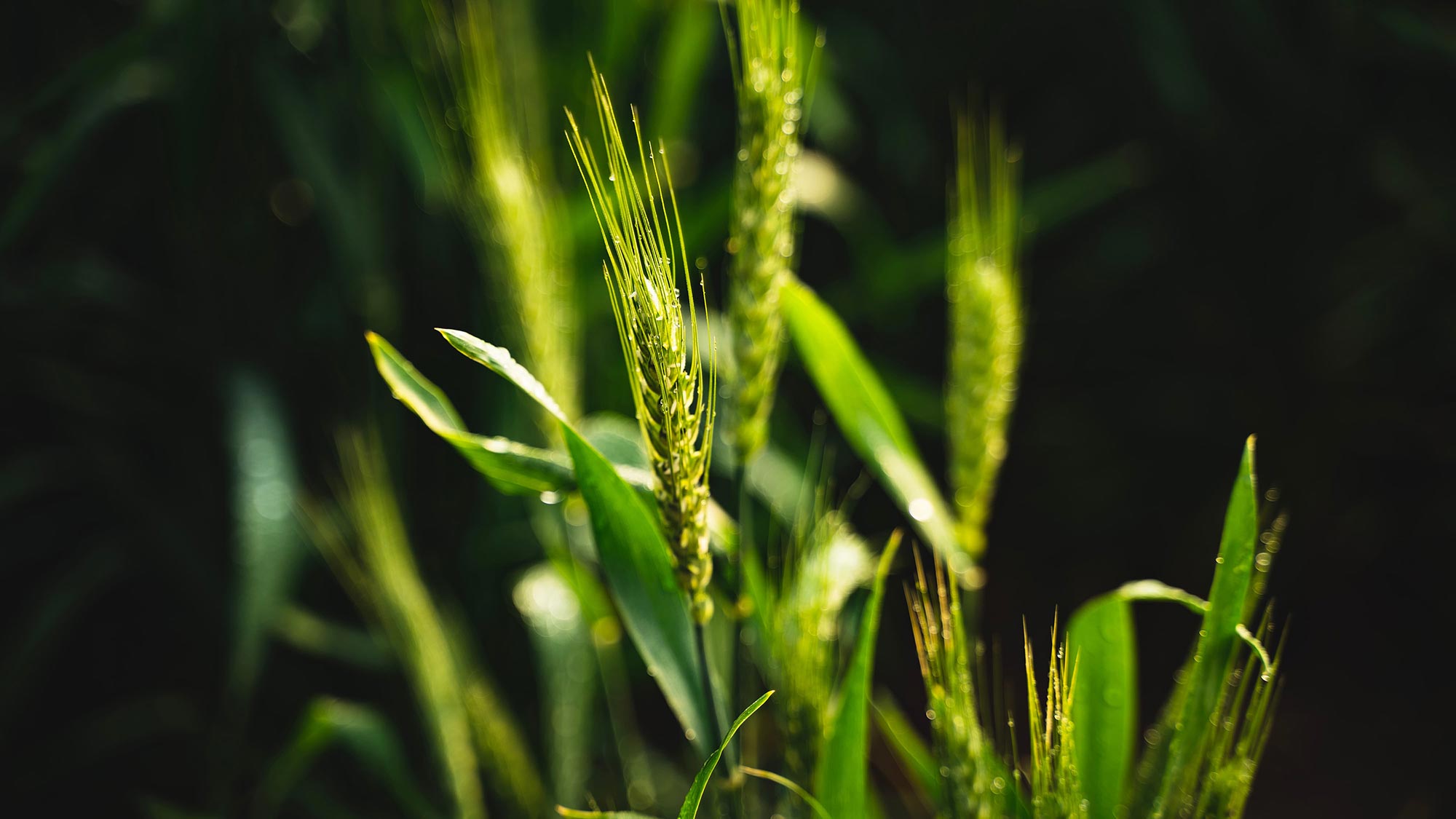
September 06, 2021
Agriculture
Effects of Climate Change on Agriculture: 7 Ways Biostimulants Can Help
The agricultural system, from time immemorial, has been dependent on climate and weather patterns for better productivity, quality and output.
However, climate change is a growing concern as they are affecting traditional farming practices all over the globe and depleting the quality and quantity of crop production.
With a growing population worldwide, the food demand is set to increase exponentially. In the past, food security goals were achieved by unsustainable means like chemical fertilizers and the exploitation of natural resources.
However, sustainable agricultural solutions and measures are urgently required today to mitigate the effects of climate change, improve crop yield and support the agricultural system.
Biostimulants in agriculture have emerged as an effective solution to enhance plant growth mechanisms and overall plant health and maximize productivity.
Effects of Climate Change on Agriculture
Extreme weather events such as floods, droughts, heatwaves and fires are disturbing the natural ecosystems and devastating agricultural lands worldwide.
Changing atmospheric temperature is predicted to impact water availability in the future. The resultant increase in evaporation and transpiration mechanism and low soil moisture will make large areas of land inadequate for agriculture.
Water shortage is one of the severe challenges faced by the world today, and it will impact agriculture in the future as well.
As per reports, the demand for water for irrigation purposes will increase by 50% in developing countries and 16% in developed countries.
According to experts, the rapidly changing climate will lead to the expansion of different pest types, which will increase plant diseases across the globe.
Moreover, anthropogenic climate change factors have caused increased salinity of water and soil.
More specifically, climate change factors are affecting soil quality, plant nutrient quality & quantity and plant growth.
To overcome these challenges, chemical fertilizers have been extensively used since the green revolution. However, it has depleted soil quality and caused environmental pollution.
Today, much attention is being given to understanding the complex tolerance mechanisms that plants activate against environmental pressures.
This is where biostimulants, an environment-friendly and sustainable solution, can be used to enhance plant capacities and resilience against stresses.
Biostimulants in Agriculture
Biological seed treatment is fast gaining acceptance worldwide as it meets environmental and sustainable agricultural requirements, which is a priority today.
Biostimulants are biological agents like fungi or microorganisms that are applied to a plant or seed to improve crop condition without any damage to the environment.
It also helps in nutrient uptake of the plant, boosts growth and enables plants to fight against abiotic stresses. Biostimulants like soil conditioners can be applied as powder, granules or as a liquid foliar.
However, the main difference is that biostimulants do not help plants by providing essential nutrients.
Instead, it supports plant nutrition processes, improves different plant characteristics, and promotes development throughout the plant’s life cycle.
7 Ways Biostimulants Can HelpCrop Productivity, Quality & Quantity
The major highlight of biostimulants is their capability to improve the availability and uptake of nutrients by plants, thereby increasing crop productivity.
Besides crop yield, biostimulants are known to significantly improve quality and quantity by positively impacting the size, shape, colour, antioxidant properties and improving metabolism.
Other features include improving the photosynthesis process, regulating plant hormones, yield loss reduction and increasing resistance to stress.
- Salinity – Biostimulants help in overcoming salinity stress in plants and improve root and shoot dry weight in situations and conditions when plants are under stress.
- Water Scarcity – Biostimulants help plants to reach soil pores and obtain water which is generally not possible by plants. It can further help maintain soil moisture.
- Stress – Helps in fighting against pathogens and thus reduces biotic stress. Furthermore, it strengthens the tolerance mechanism against pests and diseases.
- Fast Recovery – Biostimulants help in the faster recovery of plants from severe weather conditions like drought or flood.
- Sustainable – Reduces dependence upon chemicals and thus protects the soil and the environment.
- Growing Market – The market for biostimulants is growing exponentially worldwide. This new biological process is gaining popularity, especially in India and China as more and more new products are being registered every year. This in turn, shows how beneficial they are for agriculture and the farming community in the future.
Organica Biotech is a leading company that provides a wide range of sustainable agricultural solutions.
Magic Gro’s range of products consists of a consortium of microbes and helps in improving crop yield, increasing plant immunity and boosting seed germination, fruiting and flowering rates of plants.
For more details about Magic Gro products, contact us today.





